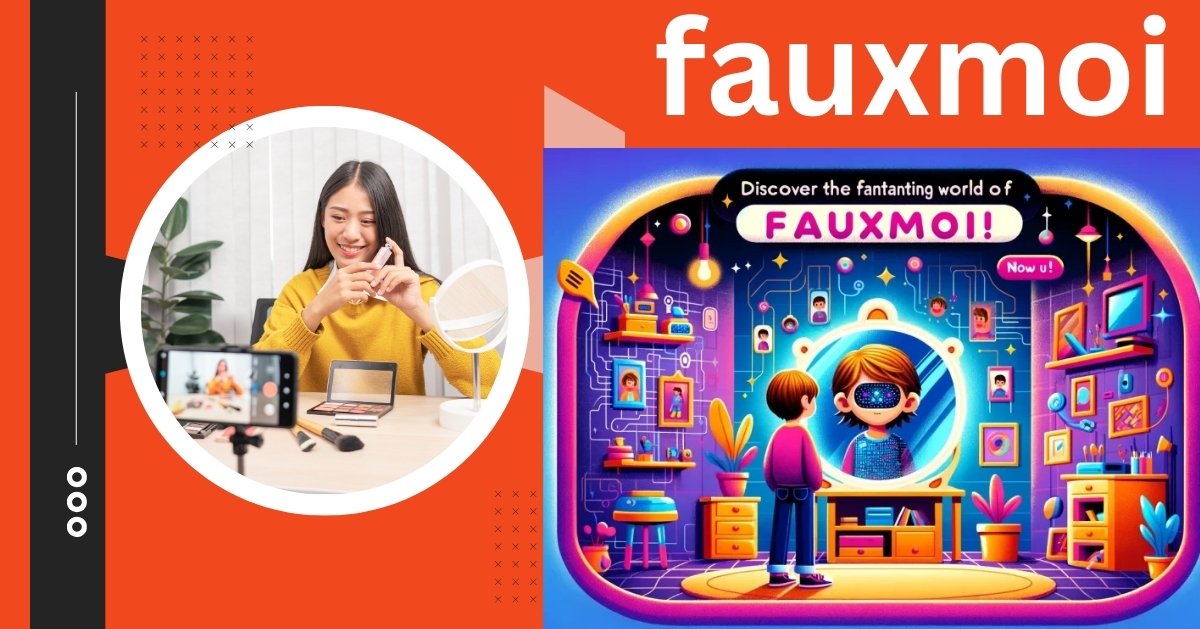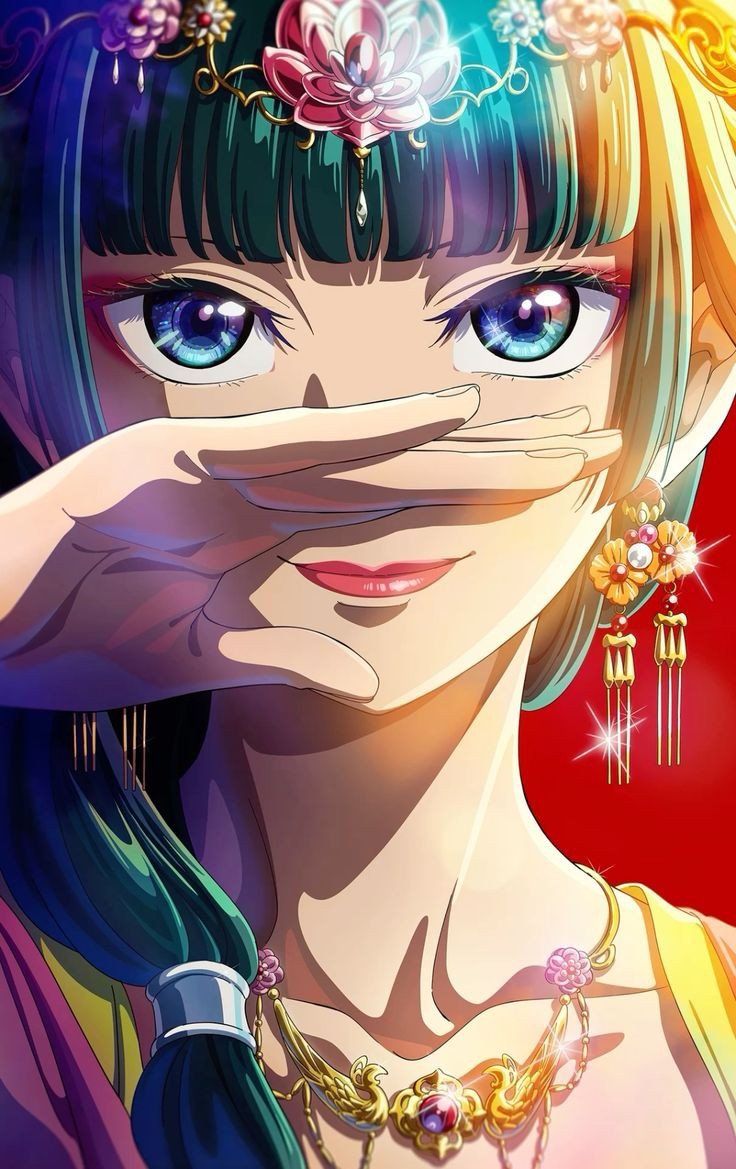What is Josei Manga?
Josei manga, often referred to simply as josei, is a genre of Japanese comics and graphic novels aimed at adult women, typically aged 18 and older. Unlike shojo manga, which targets a younger, teenage female demographic, josei delves into mature themes, offering realistic portrayals of relationships, career struggles, and personal growth. These stories frequently explore complex emotions, romantic entanglements, and societal issues, often with a level of depth and realism that appeals to older readers.
Themes in Josei Manga
Josei manga covers a wide range of themes that resonate deeply with adult women, from career aspirations and personal identity to family dynamics and romance. Some of the most prominent themes in josei manga include:
- Romantic Relationships: Unlike the idealized love stories in shojo manga often portrays romance with a realistic lens, highlighting the challenges, heartbreak, and passion of real relationships.
- Career and Personal Growth: Characters in josei manga often face struggles with their careers, offering readers a relatable look at workplace dynamics, ambition, and self-discovery.
- Friendship and Female Solidarity: Many josei titles explore deep friendships between women, often portraying a strong support system that helps them navigate life’s ups and downs.
- Self-Identity and Independence: Many josei stories center around protagonists striving to establish their sense of identity, exploring what it means to be a woman in modern society.
Top Josei Manga Titles to Start With
If you’re new to josei manga, here are some popular and critically acclaimed titles that exemplify the genre’s range and appeal:
- “Nodame Cantabile” by Tomoko Ninomiya
Nodame Cantabile is a unique josei manga that blends romance, humor, and music. It follows the journey of a quirky piano student and her relationships within the competitive world of classical music. - “Paradise Kiss” by Ai Yazawa
This manga revolves around fashion and the journey of a high school girl who finds herself drawn into the world of modeling. Paradise Kiss is lauded for its unique art style and intense, realistic portrayal of young adult life. - “Honey and Clover” by Chica Umino
Although it borders on shojo, Honey and Clover is beloved for its portrayal of college life and friendships, touching on themes of unrequited love and personal growth. - “Perfect World” by Rie Aruga
Perfect World is a josei manga that addresses issues of disability, romance, and societal prejudice. It’s an emotional story that touches on acceptance, love, and the challenges of interabled relationships. - “Kuragehime” (Princess Jellyfish) by Akiko Higashimura
This comedy-drama tells the story of a socially awkward young woman who meets a fashionable and confident person, leading to adventures and self-discovery.
Why Read Josei Manga?
Josei manga offers something unique that other genres might not provide. With a focus on realistic stories and complex characters, it stands out as a genre that speaks directly to adult readers. Here are a few reasons why josei manga is worth exploring:
- Relatable Characters: The protagonists in josei manga often feel authentic, facing everyday struggles and personal dilemmas that resonate with adult readers.
- Diverse Themes: From romance and career development to family issues and friendship, josei manga covers a broad spectrum of themes.
- Art Style: The art style in josei is often refined and tailored for a more mature audience, focusing on subtleties and sophisticated aesthetics.
- Emotional Depth: Many josei stories delve into complex emotions and relationships, providing a depth that appeals to those seeking more than a light-hearted read.
How Josei Manga Differs from Shojo and Seinen
While shojo and seinen manga may also cover romance and life challenges, josei manga approaches these themes with a unique maturity. Here’s a breakdown of the key differences:
- Target Audience: Shojo manga targets teenage girls, while seinen manga is primarily for adult men. Josei, however, caters specifically to adult women, and the storytelling reflects this demographic.
- Tone and Realism: Unlike shojo‘s often idealistic romance, josei presents relationships with more realism. Characters might face issues like infidelity, career struggles, or the complexities of modern dating.
- Visual Style: Josei manga generally adopts a more sophisticated, clean art style compared to the expressive, vibrant visuals of shojo. This style shift reflects the mature tone of josei.
Famous Josei Manga Authors
- Ai Yazawa: Known for Nana and Paradise Kiss, Yazawa’s works often explore themes of self-identity and romance, making her one of the most iconic creators in josei.
- Tomoko Ninomiya: Creator of Nodame Cantabile, Ninomiya has received critical acclaim for her unique blend of music, romance, and humor.
- Akiko Higashimura: Author of Kuragehime (Princess Jellyfish), Higashimura’s stories often revolve around unconventional characters and situations, adding depth to the josei landscape.
- Chica Umino: Known for Honey and Clover, Umino has made a significant impact with her realistic portrayals of young adult life, including romance, friendships, and the transition to adulthood.
The Appeal of Josei Manga Internationally
Josei manga has become increasingly popular worldwide as readers look for narratives that reflect their own experiences as adults. With relatable themes, nuanced storytelling, and realistic depictions of life, josei manga speaks to a broader audience beyond Japan. Its popularity has led to adaptations in anime, live-action films, and TV dramas, expanding its reach globally.
Some notable international successes include:
- Anime Adaptations: Series like Nana and Paradise Kiss have received anime adaptations that helped popularize josei outside Japan.
- Digital Platforms: Apps like ComiXology, Crunchyroll, and Shonen Jump have expanded access to josei manga, reaching English-speaking audiences.
- Fan Translations and Communities: Enthusiastic fan communities actively translate josei titles, allowing fans to connect over shared interests and find new series to explore.
The Future of Josei Manga
The future of josei manga looks promising, with creators continually expanding the genre’s boundaries. Recent titles explore diverse and inclusive themes, including LGBTQ+ relationships, mental health, and more. This expansion reflects the evolving interests of modern readers and the growing demand for stories that go beyond traditional romance.
Moreover, as digital manga platforms continue to grow, more josei manga will be accessible to readers worldwide, increasing the genre’s fanbase. Publishers are also responding by licensing more josei titles, signaling a broader acceptance and appreciation for the genre’s unique contributions to manga.
Conclusion: Why Josei Manga Matters
Josei manga provides adult readers with stories that reflect the challenges and joys of adulthood, offering both escapism and relatable content. For anyone looking to explore narratives with emotional depth, realistic relationships, and complex characters, josei manga offers an enriching and satisfying experience.



